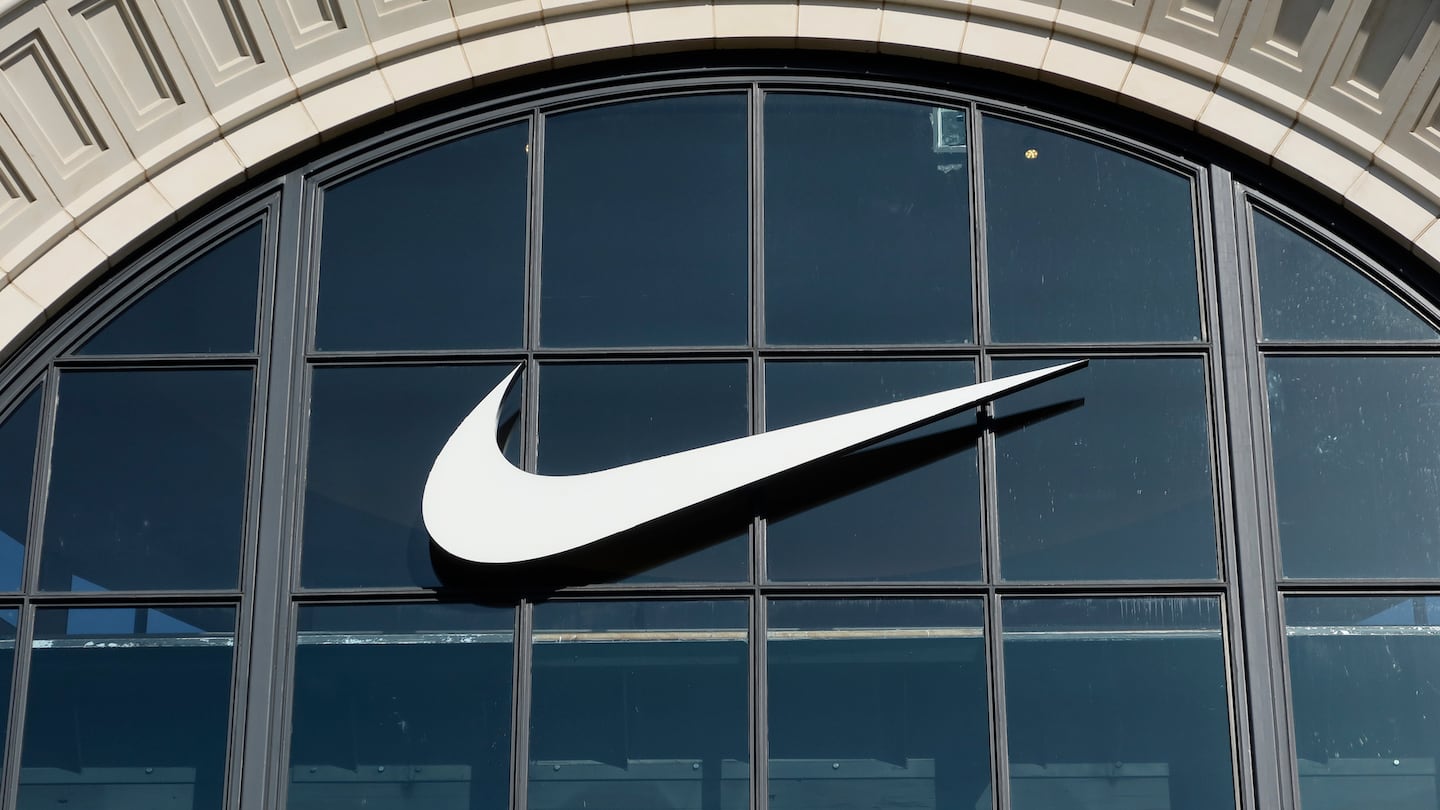
The Business of Fashion
Agenda-setting intelligence, analysis and advice for the global fashion community.

Agenda-setting intelligence, analysis and advice for the global fashion community.

Nike is under fire from a group of investors ahead of the company’s annual meeting on Tuesday for failing to address allegations of wage theft at two supplier factories.
In a letter sent to the sportswear giant late last week, a coalition of shareholders led by Dutch bank ABN Amro and UK-based ethical fund manager CCLA Investment Management urged the company to help settle claims of outstanding payments worth an estimated $2.2 million made by garment workers at factories in Cambodia and Thailand.
At present only a handful of investors have publicly signed on, but more shareholders are expected to join this week.
The letter ratchets up the pressure on Nike to address criticism of its handling of labour complaints in its supply chain. In July, in an unusual move targeting a single company, nearly 60 labour and human rights advocacy groups published a statement calling on Nike to ensure workers receive the compensation they claim to be owed in the same Cambodian and Thai cases.
ADVERTISEMENT
In recent days, Nike board member Thasunda Brown Duckett’s LinkedIn has been peppered with calls for her to push the company to address the cases as part of a campaign by labour rights activists. Brown Duckett did not respond to a request for comment.
“We have a responsibility as investors to get involved in [supporting] access to remedy and that’s something that has been lacking,” said Kees Gootjes, business and human rights advisor at ABN Amro. “This… [is] a classic case of access to remedy not having been provided.”
In June of 2020, more than 1,200 workers at the Violet Apparel factory in Phnom Penh, Cambodia, were abruptly dismissed with less than a week’s notice and without compensation, according to an investigation by Worker Rights Consortium, an organisation that monitors labour rights in apparel supply chains.
The factory was owned by Ramatex, a key Nike supplier, and while Violet Apparel was not listed as a direct manufacturer for the sportswear giant, worker testimony, photographs and factory records indicate Nike goods were being produced in the factory until at least December 2019, according to WRC. Three years on, workers are still owed an estimated $1.4 million in unpaid benefits, the organisation’s investigation found.
Nike said that its own independent investigation found no basis for the claims and that it had not sourced from Violet Apparel since 2006. Ramatex did not respond to a request for comment.
In their letter, the group of investors said there seemed to be “credible and consistent evidence” that Nike-branded clothes were being produced at the factory. The situation raises questions about Nike’s supply chain oversight, due diligence processes and adherence to its own policies, they said.
The group was equally critical of Nike’s approach to claims made by workers at the Hong Seng Knitting factory in Thailand, who allege they were illegally denied furlough pay that now amounts to an estimated $800,000 when the factory shut down during the pandemic in 2020.
“Nike seems to support its supplier’s position that workers voluntarily ceded owed wages to the factory in spite of workers documenting coercion and intimidation,” the letter said. “These cases appear to be a clear case of suppliers violating Nike’s standards, international norms, and Cambodian and Thai law.”
ADVERTISEMENT
Nike said all workers in the Hong Seng case had been properly compensated, following a third-party investigation and legal review that it commissioned.
The growing criticism of Nike’s position presents fresh reputational risk at a time when scrutiny of labour conditions in fashion’s supply chains is growing.
Nike was among a group of apparel companies asked by US lawmakers in May to provide information on whether they are importing goods that could be linked to forced labour in China’s Xinjiang region. New due diligence regulations under consideration in Europe would also make big brands more accountable for what happens in their supply chains.
At its AGM on Tuesday, Nike is facing a shareholder proposal put forward by activist investor Tulipshare calling for the brand to assess the effectiveness of its existing supply chain management programme and consider implementing model supplier contracts developed by the American Bar Association. Nike has recommended shareholders vote against the proposal, as has influential proxy advisor Glass Lewis.
Whether this wave of shareholder activism gains broader support remains to be seen, but it shows that labour-related supply chain risks are moving up the agenda for at least some investors.
“Investors are getting more actively engaged on these topics,” said Martin Buttle, better work lead at CCLA. “Companies just need to realise this is something they need to deal with.”
In their letter, the coalition of Nike shareholders called on the brand to support full repayment of the workers at Hong Seng Knitting and Violet apparel, as well as commit to ensuring responsible purchasing practices and providing workers with access to remedy in any future cases.
The aim is to protect shareholder value by ensuring Nike is prepared for incoming regulations, said ABN Amro’s director of sustainable banking Richard Kooloos. “We want the shareholdings our clients invest in to be future ready,” he said.
Companies like Nike and Adidas see big growth opportunities in women’s football. But while the game is often marketed with an inspirational wrapper of female empowerment, its growing prominence has also drawn attention to the persistent exploitation of largely women workers in the apparel and footwear supply chain.
In a shareholder proposal released Thursday, London-based Tulipshare requested a report from Nike on whether its policies effectively address its stated equity goals and human rights commitments.
A group of 20 garment-worker unions and two labour-rights groups have filed a complaint alleging the sportswear giant’s treatment of workers and unpaid wages violate OECD guidelines for responsible business conduct.

Sarah Kent is Chief Sustainability Correspondent at The Business of Fashion. She is based in London and drives BoF's coverage of critical environmental and labour issues.
The fashion industry continues to advance voluntary and unlikely solutions to its plastic problem. Only higher prices will flip the script, writes Kenneth P. Pucker.
The outerwear company is set to start selling wetsuits made in part by harvesting materials from old ones.
Companies like Hermès, Kering and LVMH say they have spent millions to ensure they are sourcing crocodile and snakeskin leathers responsibly. But critics say incidents like the recent smuggling conviction of designer Nancy Gonzalez show loopholes persist despite tightening controls.
Europe’s Parliament has signed off rules that will make brands more accountable for what happens in their supply chains, ban products made with forced labour and set new environmental standards for the design and disposal of products.